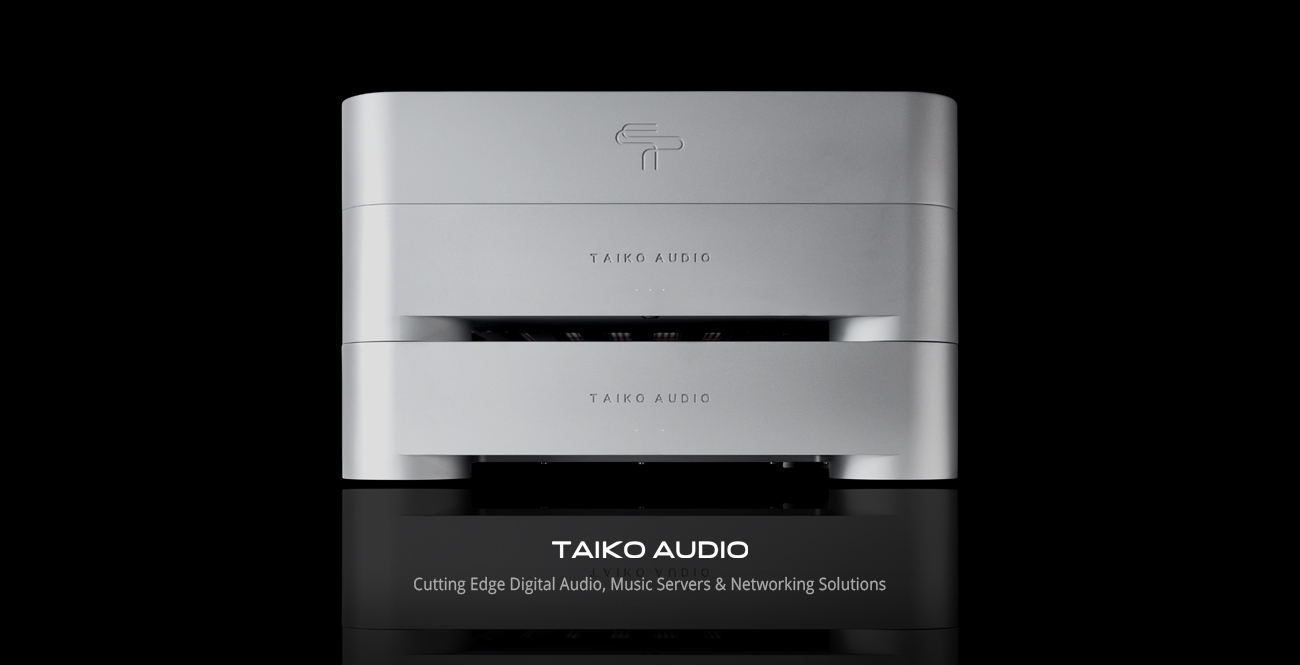Thank you for asking as I would like to propose there is no "problem" in the actual data stream. Data errors almost never occur, if at all. This is however a hard to explain topic. I'm trying to share some of the discoveries we made in this thread, but it's not easy to explain, so bear with me and please keep the questions coming if anything is unclear.
For the original SGM 2015 music server our primary focus was on reducing DAC filter quality influence by providing a higher quality (up sampled) data stream. Especially DSD DAC's could greatly benefit from this method and be provided with a means to convert every source format to DSD. Of course the end result would depend on how the DAC processes higher data rates, most DAC's use different filters for different sampling rates, or they can be user selected, so you would force the DAC to use, or be able to use a different filter this way. Some of the filters and up sampling algorithms provided by HQPlayer which we use for that purpose are so processor intensive you can most definitely not run it on for example a Roon Nucleus, let alone they will run in a DAC's FPGA. A good example it the Chord Dave which is all about high quality filters and boasts a very strong FPGA array but it cannot approach the filter algorithms quality HQPlayer can provide.
Fast forward to this day and age where DAC quality, and DAC filter quality technology has advanced significantly, especially in upper echelon R2R DAC's, we find ourselves in the situation that the benefit of pre-processing the data has either decreased or is gone altogether. Most of these simply sound best being fed native "bit perfect" data rates.
Here we get to the interesting part and your question: "How can computer latency affect data streams at such low data rates?" A natural companion to this question would be: "Why use so much processing power for such low data rates?"
"Low latency" is something computer audiophiles have been hunting since the early Logitech transporter/squeezebox days. I don't think anybody ever really knew why it sounded better, it's sought after in the studio recording scene, but obviously to avoid time related sync issues and audio stream interruptions, but not sound quality afaik. There are several tools available to measure a system's latency to this purpose (referred to as DPC latency, ISR routine execution time, interrupt to process latency etc). It's generally accepted that lower latency sounds better amongst computer audiophiles though.
As I attempted to explain in my previous post on the subject, lowering latencies reduce active processing times. You can view latency as a roadblock that you cannot pass until its removed. Or shifting your transmission into a gear before you can accelerate. During a latency "wait state", a processor, memory module or system bus data path is getting ready to accept data packets. It will be active though, drawing current, transmitting its unavoidable EMI and or RFI spectrum which any electrical component will do. With lower latencies we reduce overall system current draw, EMI, RFI and processing durations. Contrary to what you would expect, you can have lower current draw variations and net overall lower EMI / RFI emissions from higher processing power solutions being minimally loaded then from low processing power solutions being higher loaded. The general view that lower power servers generate less noise then higher power servers BECAUSE they consume less current is wrong in our experience. Of course there are a lot of variables in this equation as it's easier and cheaper to design a low noise power supply for lower current draw requirements so you may very well get better results from a low power solution, especially when using the same power supply. But this is not the design goal of the Extreme.
Now if we can agree on the hypothesis that introducing any type of component into your system can alter your system sound, not restricted to the signal it puts out, it will become a lot easier to explain more differences. No matter if it's a server, a cd transport, an amplifier, a cable, a fuse, a grounding or ground modulating device. In fact why don't we extend the definition of your system to your phone charger, your imac, your WIFI router or your new refrigerator?


